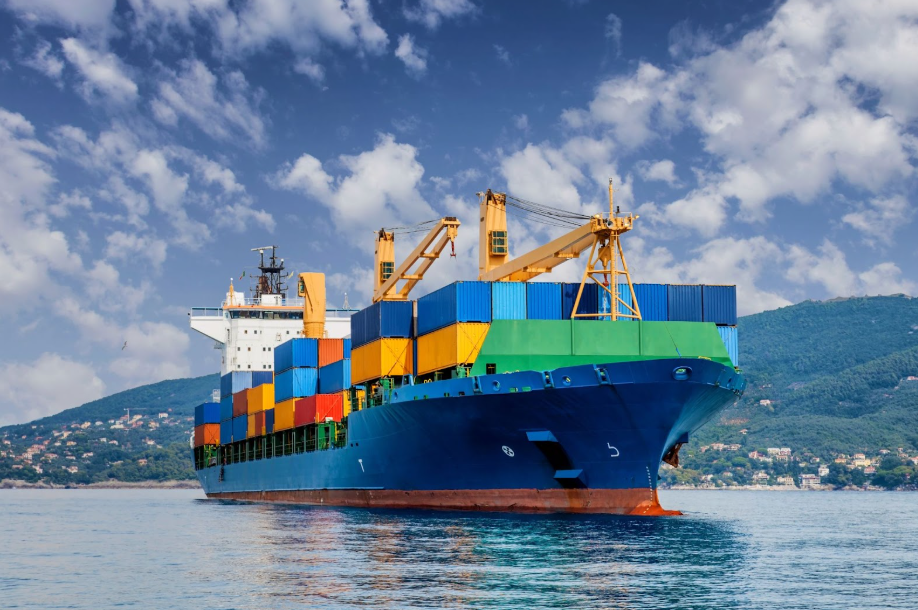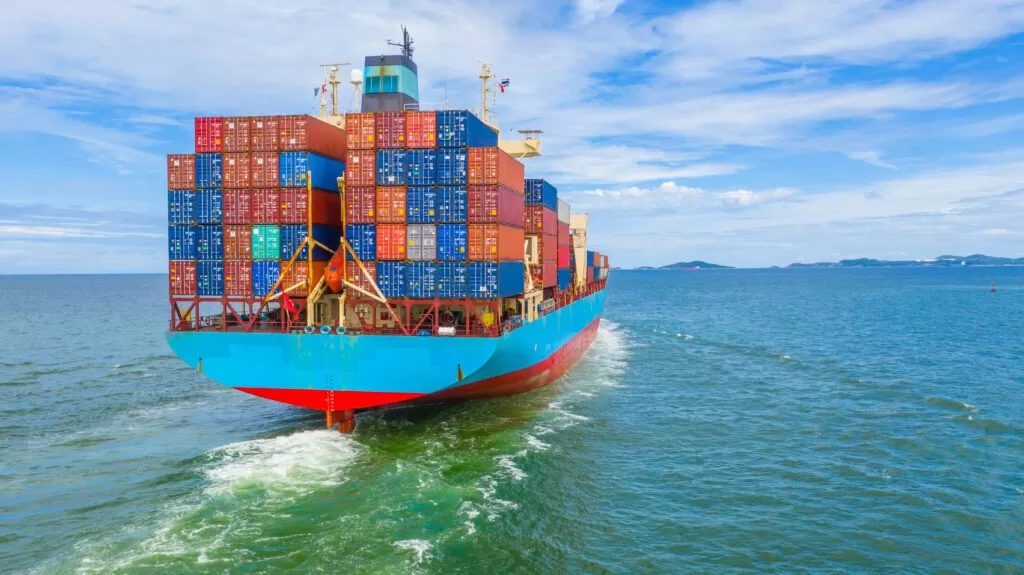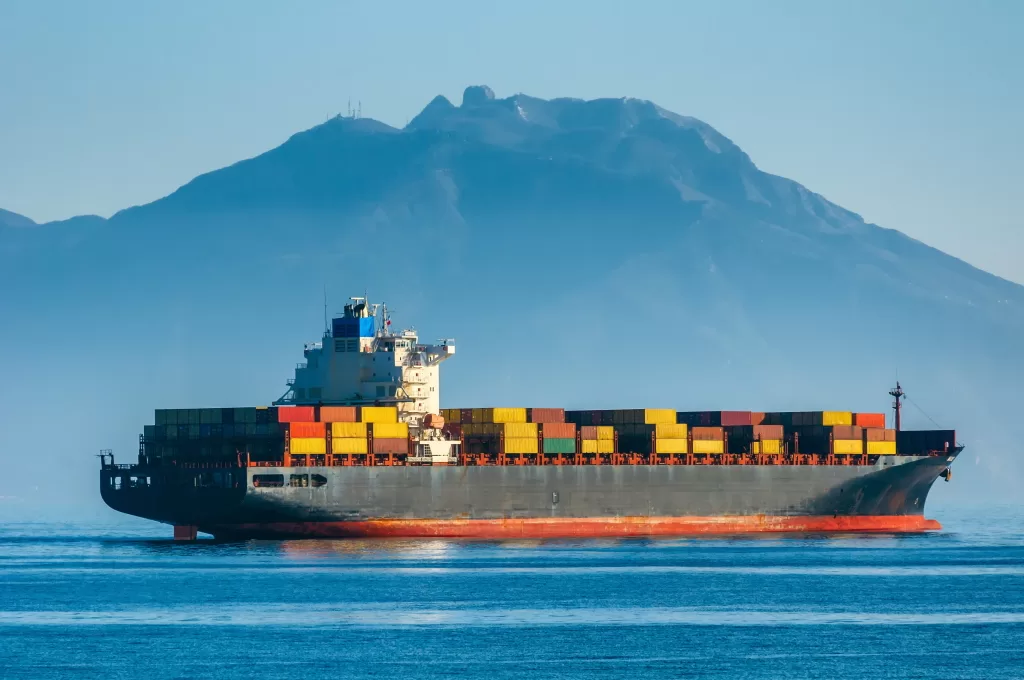Is a Full Container Service Solution Right for Your Business?
A Full Container Service Solution provides businesses with comprehensive door-to-door shipping management for entire container loads. This comprehensive approach handles everything from loading to customs clearance, providing end-to-end control of the supply chain. Companies must carefully evaluate whether this premium service justifies its cost compared to partial or self-managed alternatives. The pricing structure of a Full Container Service Solution typically includes three main components: base freight charges, ancillary fees, and value-added services. Base rates cover fundamental transportation, while ancillary fees account for fuel surcharges and port handling. Value-added services might include specialized packaging, customs brokerage, or last-mile delivery—each adding cost but potentially saving operational headaches.
Full Container Service Solution for Businesses with High Shipping Volumes
Businesses shipping more than 15 cubic meters monthly should strongly consider Full Container Service Solutions. At this volume threshold, FCL (Full Container Load) rates become competitive with LCL (Less than Container Load) options. The cost per unit drops significantly when utilizing an entire container’s capacity rather than paying per pallet.
Seasonal businesses must conduct quarterly volume projections. A Full Container Service Solution works best with consistent shipping volumes. Companies with erratic demand patterns might benefit more from flexible LCL arrangements during slow periods while switching to FCL for peak seasons.
Hidden Cost Factors in Container Shipping
Many businesses underestimate the ancillary expenses of Full Container Service Solutions. Demurrage charges for delayed container returns can add thousands if not managed properly. Detention fees similarly penalize late cargo pickup at destination ports. These unpredictable costs can erase apparent savings from lower base rates.
Insurance represents another frequently overlooked expense. Comprehensive marine cargo insurance typically adds 0.5-2% of shipment value to total costs. While included in premium Full Container Service Solution packages, basic plans often require the purchase of supplemental coverage.
Operational Efficiency Gains
A premium Full Container Service Solution delivers measurable productivity improvements. Consolidated shipments reduce receiving department labour costs by up to 40%. Single-container deliveries minimize dock congestion compared to multiple LCL arrivals. These operational efficiencies often justify higher service fees.
Predictable FCL schedules also benefit inventory management. With guaranteed departure and arrival windows, businesses can optimize warehouse staffing and reduce safety stock levels. The supply chain visibility in quality Full Container Service Solution packages further enhances planning accuracy.
Risk Mitigation Value
Professional Full Container Service Solutions providers assume significant logistical risks. They manage customs compliance, reducing penalty exposure from documentation errors. Their cargo consolidation expertise minimizes damage risks from improper loading. These risk transfers carry tangible financial value for shippers.
Contingency planning is another key benefit. Reputable providers maintain alternative routing options in the event of port strikes or weather disruptions. This business continuity protection proves invaluable when supply chain delays could halt production lines.
Technology Integration Costs
Modern Full Container Service Solutions platforms offer advanced tracking and analytics capabilities. While these digital tools add 5-15% to service costs, they provide real-time shipment visibility and predictive arrival estimates. Operational intelligence often justifies the premium through better decision-making.
API integrations with enterprise ERP systems require upfront IT investments. However, automated data flows eliminate the need for manual logistics tracking labour. The long-term productivity gains typically outweigh implementation costs within 12-18 months.
Alternative Solutions Comparison
Businesses should benchmark Full Container Service Solutions quotes against hybrid approaches. Some providers offer consolidated LCL services with FCL-like reliability at lower costs, while others provide partial container-sharing options for medium-volume shippers.
Regional differences dramatically affect value propositions. Asian routes often show the strongest FCL cost advantages, while European lanes sometimes favour LCL alternatives. Seasoned logistics managers analyze trade lane specifics before committing.
Making the Full Container Service Solution Decision
Choosing a Container Service Solution requires a thorough cost-benefit analysis across multiple dimensions. While premium-priced, these services often deliver hidden savings through operational efficiencies and risk reduction. The break-even point typically falls between 8 and 12 international shipments annually.


